The healing properties of cabbage have been known since ancient times. Over the years, this vegetable has rightly earned the title of "king of vegetables". In folk medicine it is used mainly for the treatment of the liver and stomach, as well as for the overall strengthening of the body. Among the types of cabbage, white is the most healing.
Fresh cabbage is very difficult to store. Therefore, during the cold months it is kept salted or marinated. All varieties are suitable. The most healthy sauerkraut is made with whole heads. It has recently been found to contain substances, which prevent from obesity and they have an antisclerotic effect. Its healing effect depends on the method and conditions of its storage.
The best natural drink for health is fresh cabbage juice. However, it can be obtained only in summer and autumn. Cabbage soup has a similar effect, although it is not as great.
Cabbage juice is a pure elixir! It can be used successfully for cancer prevention, ulcer treatment, for lowering bad cholesterol (LDL), but also for many other problems.
Cabbage is part of the cruciferous vegetable family and is high in beta-carotene, insoluble fiber, vitamins B1, B6, C, E and K, but also minerals such as iodine, magnesium, iron, calcium and sulfur. Today, cabbage juice is used therapeutically in many conditions.
Healing properties of cabbage juice
The green juice is a real cure for ulcers. According to a study published in the Western Journal of Medicine, 13 patients with peptic ulcer were treated with freshly squeezed cabbage juice. The study showed that these 13 patients had a clearly higher cure rate in 10 days than patients who followed only standard treatment for 37 days.
The study concluded that cabbage juice has proven antipeptic ulcer benefits such as vitamin U, which prevents the formation of histamine-induced peptic ulcers.
A diet rich in cruciferous vegetables can reduce the risk of breast cancer, and cabbage comes first in terms of anti-cancer foods.
A study published in the International Journal of Cancer shows that an excess of cruciferous vegetables has reduced the risk of breast cancer in target groups.
The study shows a strong backlash of breast cancer after eating leafy vegetables, cabbage of all kinds, plus carrots, tomatoes, mushrooms.
The study also shows a significant reduction in the risks of oral, esophageal cancer, colorectal cancer, kidney cancer and breast cancer if a mass of cruciferous food is consumed once a week.
Another study shows the properties of cabbage to lower bad cholesterol. Patients who drank fresh cabbage juice mixed with broccoli had better results than those who did not.
The study concludes that cabbage juice with broccoli works wonders in managing cholesterol.

Cabbage salad or cabbage juice are extremely good for people who want beautiful and silky skin and for those who want to lose weight.
Any cabbage juice is good, but if you have a choice, switch to red cabbage, which has more vitamin C than white.
Even more than oranges!
Sauerkraut juice is an exceptional probiotic, which boosts the immune system.
So, raw or pickled, choose cabbage in all circumstances, it's wonderful.
How to make fresh cabbage juice
Advices! To obtain fresh cabbage juice, it is recommended to use a vegetable and fruit juicer.
Here are the steps to make quality fresh cabbage juice:
First you can wash the cabbage in the following way: Put it in a large bowl in which you add hot water and a drop of apple cider vinegar and let it soften a bit before cleaning it.
Cut the cabbage in half and remove the core. Then cut the halves into several small halves, so that they can be placed in the juicer. For starters, you can make juice from only half a cabbage. You can also try to combine cabbage with other vegetables that increase the content of therapeutic substances, for example: cabbage with carrots and celery.
Tip: As with other fresh juices, it is best to drink this juice immediately. To have an effect as soon as possible, it would be good to drink several times a day. The resulting juice can also be left to ferment, being a very good probiotic.
As a prophylaxis against atherosclerosis, one glass of cabbage juice a day, in the morning, on an empty stomach is recommended. Warm cabbage juice with sugar in the same dose is recommended as an expectorant for the treatment of lung diseases.
Storing fresh cabbage juice
Cabbage juice is a perishable product. Therefore, it should be prepared on the day of consumption. The dry mass of cabbage contains more vitamin U, so it can be run twice through the juice machine. Vitamin U is a substance isolated from cabbage juice, which is called that, because of its healing effect for peptic ulcer disease.
Cabbage juice is actively used in the treatment of low acidity, cholecystitis and ulcerative colitis. For stomach ulcers, folk medicine recommends drinking cabbage juice, about 40-50 minutes before each meal, for a month.
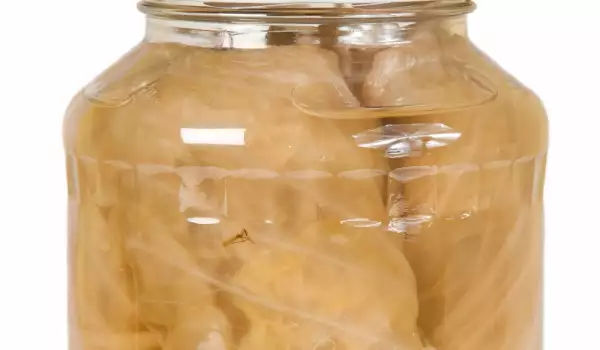
In case you can't stand fresh cabbage juice and fresh cabbage in general, you can also rely on its marinated version.
Sauerkraut is a dish that is served in the cold season with pork steak, dish with potatoes, baked beans, smoked meat, lean sarma. It is rich in nutrients, vitamin C, antioxidant vitamin that helps strengthen the immune system, revitalize and energise.
Storing sauerkraut juice
Sauerkraut juice is strained from the container when it starts to aquire a pleasant taste. The fermentation process is usually carried out at a temperature of 18-24°C. The cabbage juice is separated from the fermented cabbage, it is poured into a glass jar and covered with a lid.
Leave it to cool for about 2 hours, after which it is ready for consumption. Sauerkraut juice can be stored in bottles and jars. For this purpose, its residue is separated and heated in an enameled cookware to 80°C. It is then poured into the chosen container and pasteurized.
In cabbage juice vitamin B12 is found in abundance, but also minerals such as magnesium, folic acid, potassium, iron, iodine. These micronutrients slow down the aging process, protect the nervous system and prevent memory loss.
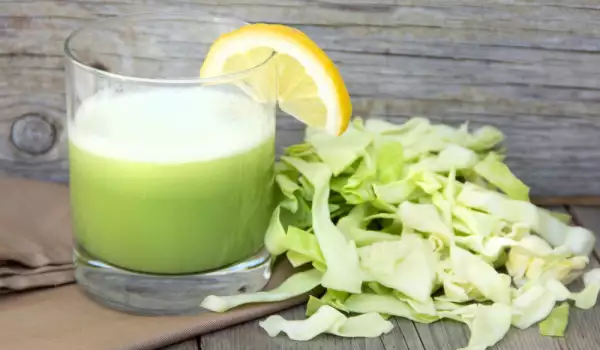
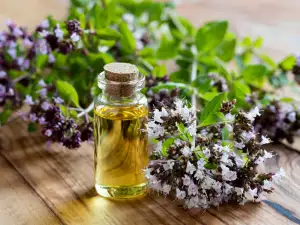



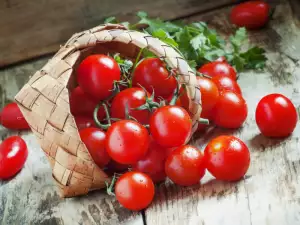
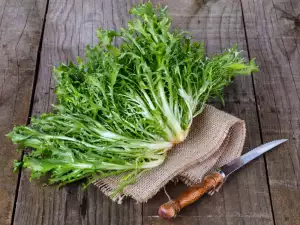
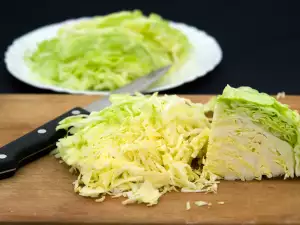
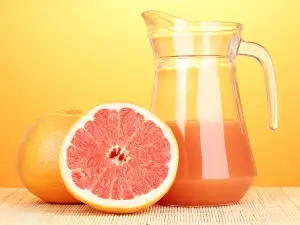




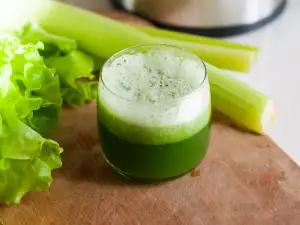






Comments